
What is Calcium?
Calcium is a metal found in many foods. Our body needs it for strong bones and teeth as well as a series of important processes. 99% of calcium is stored in our bones and teeth and the remaining 1% is used for basic metabolic processes.
Functions in our Body
Heart Function
Calcium is mandatory for vasoconstriction and vasodilation
Muscle Support and Growth
Calcium is involved in muscle growth and maintenance
Nervous System
Calcium is involved in transmitting messages from our brain to body parts
Blood vessels
It helps the blood vessels to carry blood throughout our body
Hormone Secretion
Calcium is important into a series of metabolic processes such as the secretion of hormones and enzymes
Strong Bones and Teeth
99% of calcium is stored in bones and teeth and imparts toughness and strength
An interesting Fact about Calcium

The 1% of calcium that circulates in our body is so important and necessary that our body in order not to run out of it, draws it from the remaining 99% that is stored in our bones and teeth. When we do not get enough calcium from our diet, our body pumps calcium from our bones and teeth in order to continue its normal functions. This results in the weakening of our bones (osteoporosis) and our teeth. For this reason, calcium, whether it comes from the diet or from supplements, helps us maintain strong bones and teeth by preventing our body from drawing it from them!
How much calcium do we need a day?
According to the National Institutes of Health, the recommended daily allowance for calcium depends on gender and age.
| Age | Men | Women |
|---|---|---|
| 0-6 months | 200 mg | 200 mg |
| 7-12 months | 260 mg | 260 mg |
| 1-3 years | 700 mg | 700 mg |
| 4-8 years | 1000 mg | 1000mg |
| 9-13 years | 1300 mg | 1300 mg |
| 14-18 years | 1300 mg | 1300 mg |
| 19-50 years | 1000 mg | 1000mg |
| 51-70 years | 1000 mg | 1200 mg |
| 71 + years | 1200 mg | 1200 mg |
Foods rich in calcium
Below is a list of selected foods that have a high calcium content, are healthy, low in calories and can be easily found in the Supermarket. They are divided into animal and non-animal origin and are presented in the usual quantity consumed (portion).
Usually similar products eg yogurts 2%, milks 1.5% have about the same calcium content and a small difference in calories (+ -10%) unless otherwise stated in the nutrition chart on the product.
In our list, we try to use the average calories and calcium content. You can find these informations on the nutrition chart of your product.
Animal Origin
Plant Origin
Animal Origin
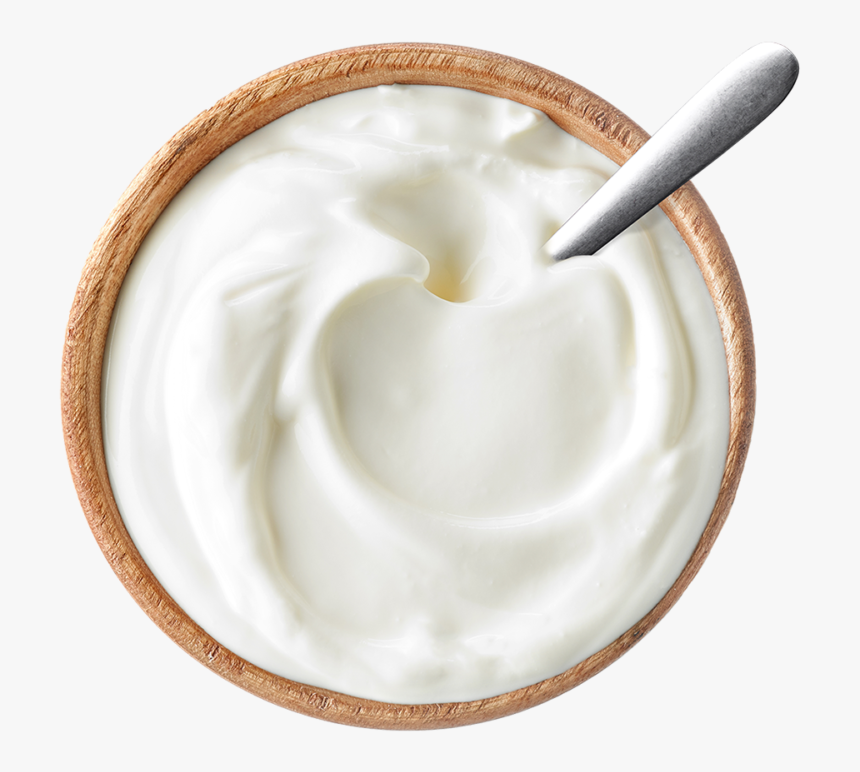
1 cup Greek Yoghurt 2% -200gr
365 mg | 140 Kcal
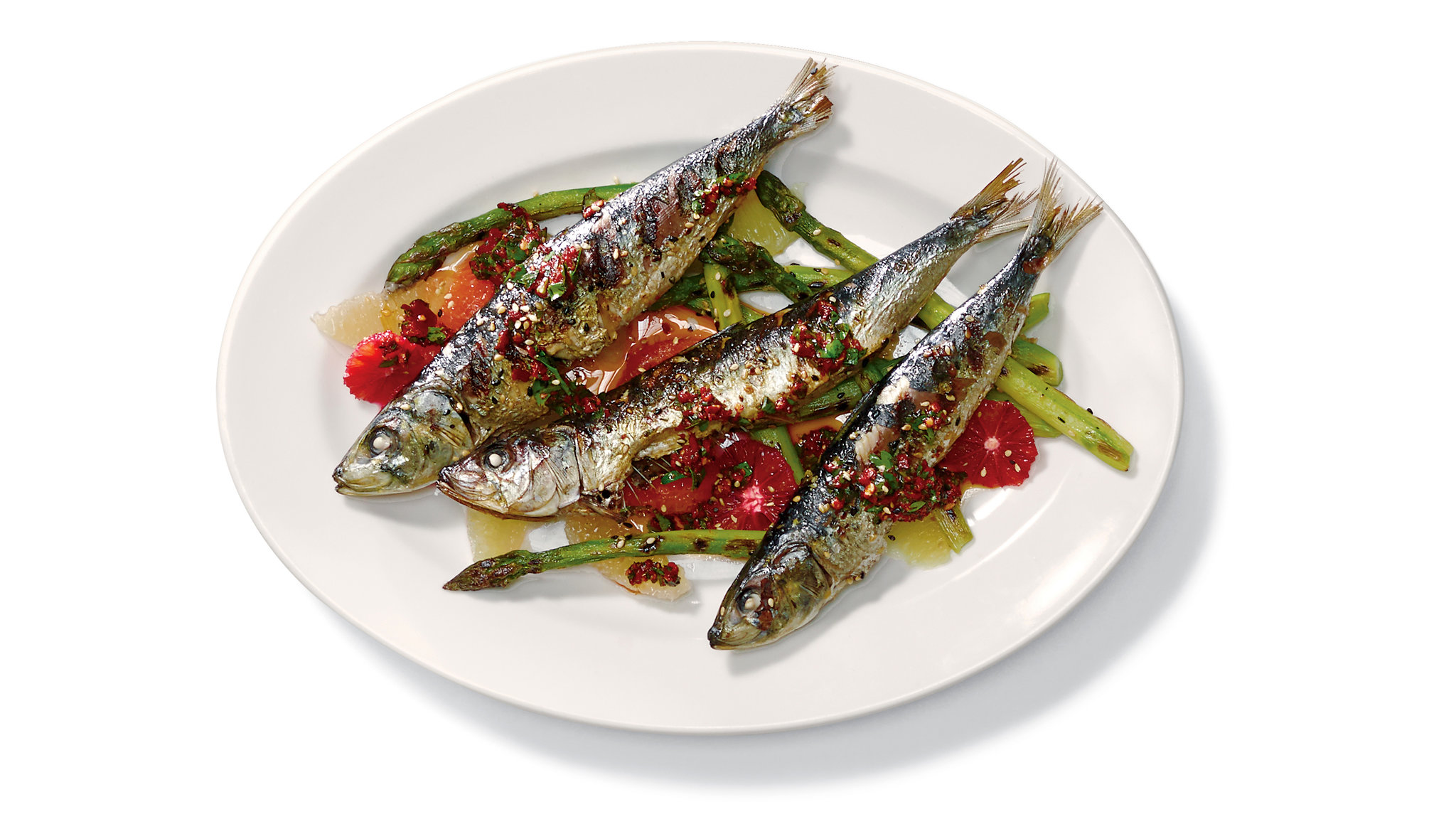
4 medium roasted sardines
340mg | 189 Kcal

1 kefir cup 1% -150gr
330mg | 85 kcal
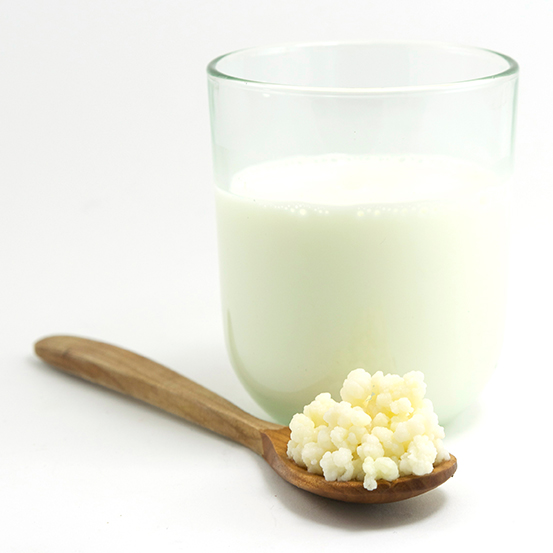
1 glass kefir (250ml )
300 mg | 100 kcal
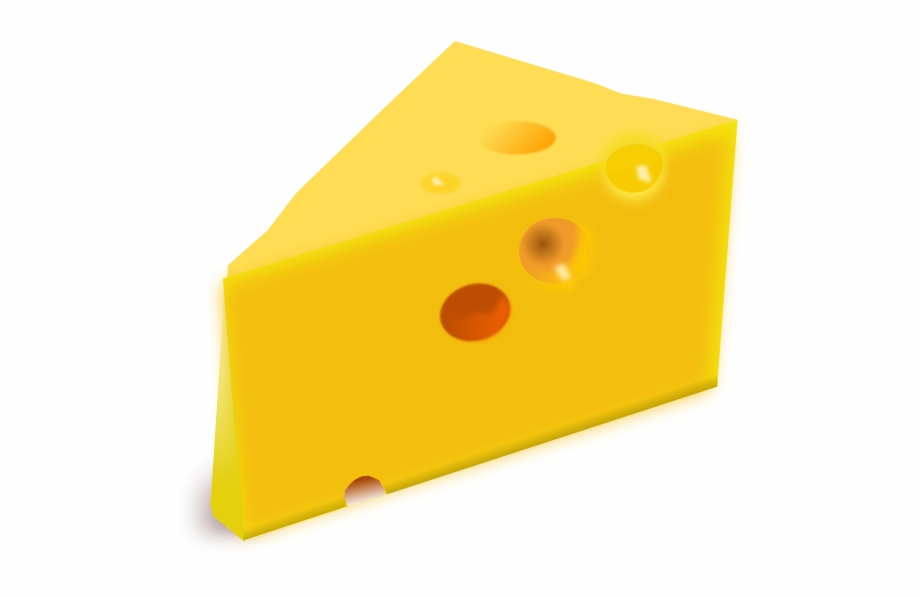
30gr yellow cheese 10% (1 little triangle or 3 slices)
295 mg | 70 kcal
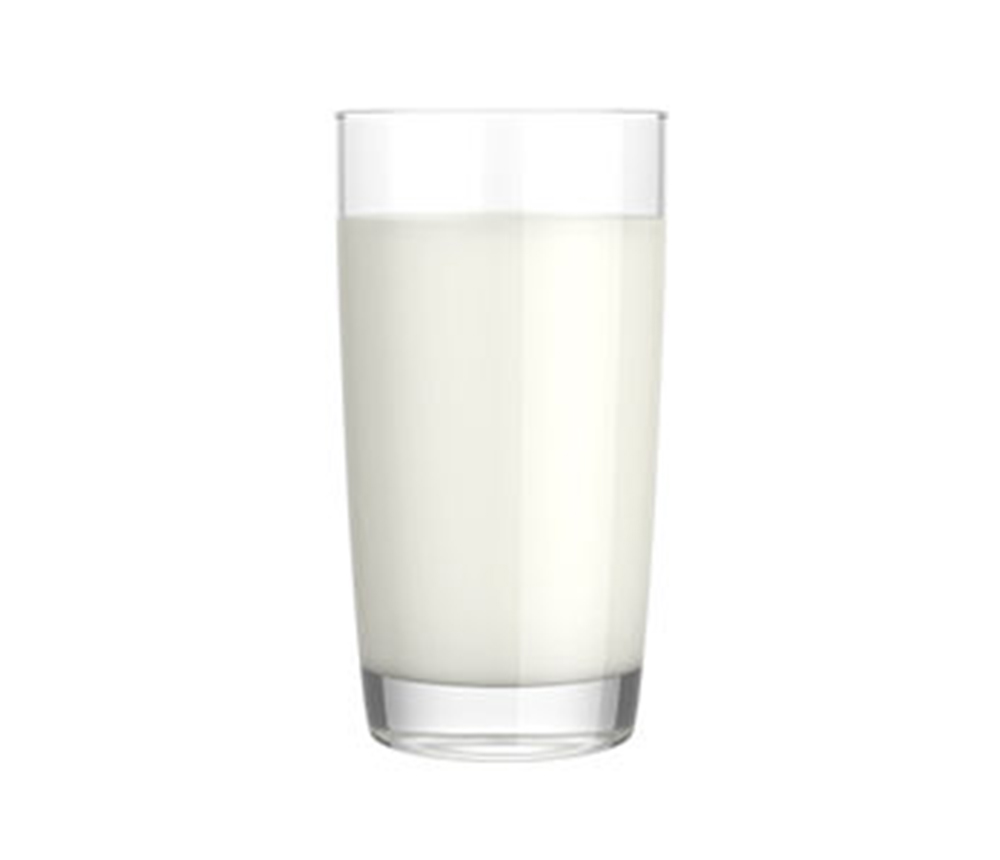
1 glass of Milk 1,5% (250ml )
300 mg | 120 Kcal
Plant Origin

100 gr tofu
350 mg | 76 kcal
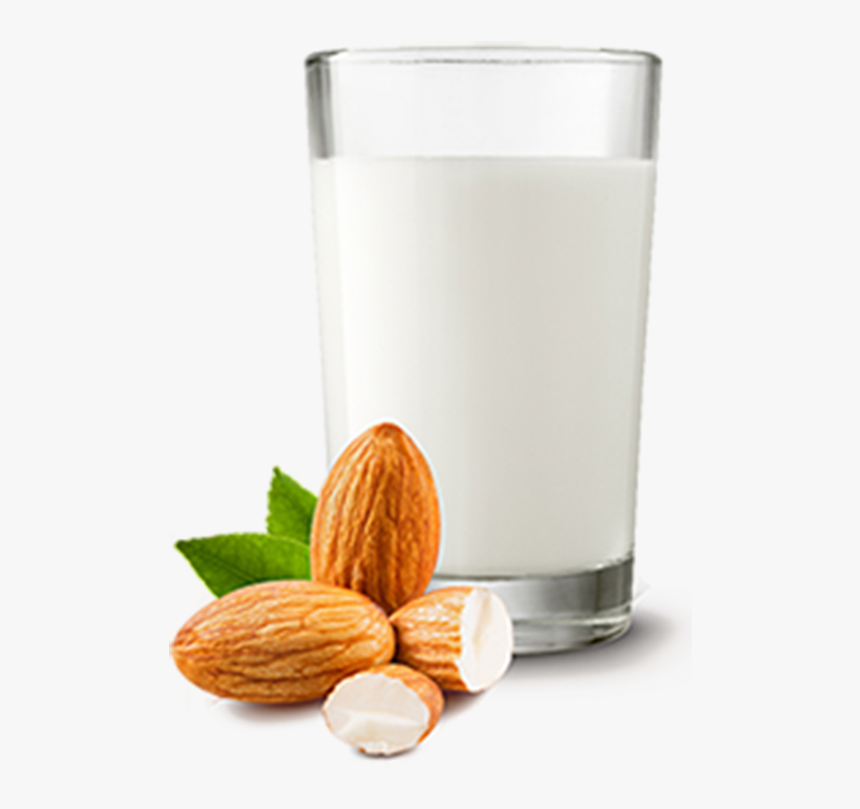
1 glass Almond Milk Unsweetened (250ml)
300mg | 60-70 Kcal
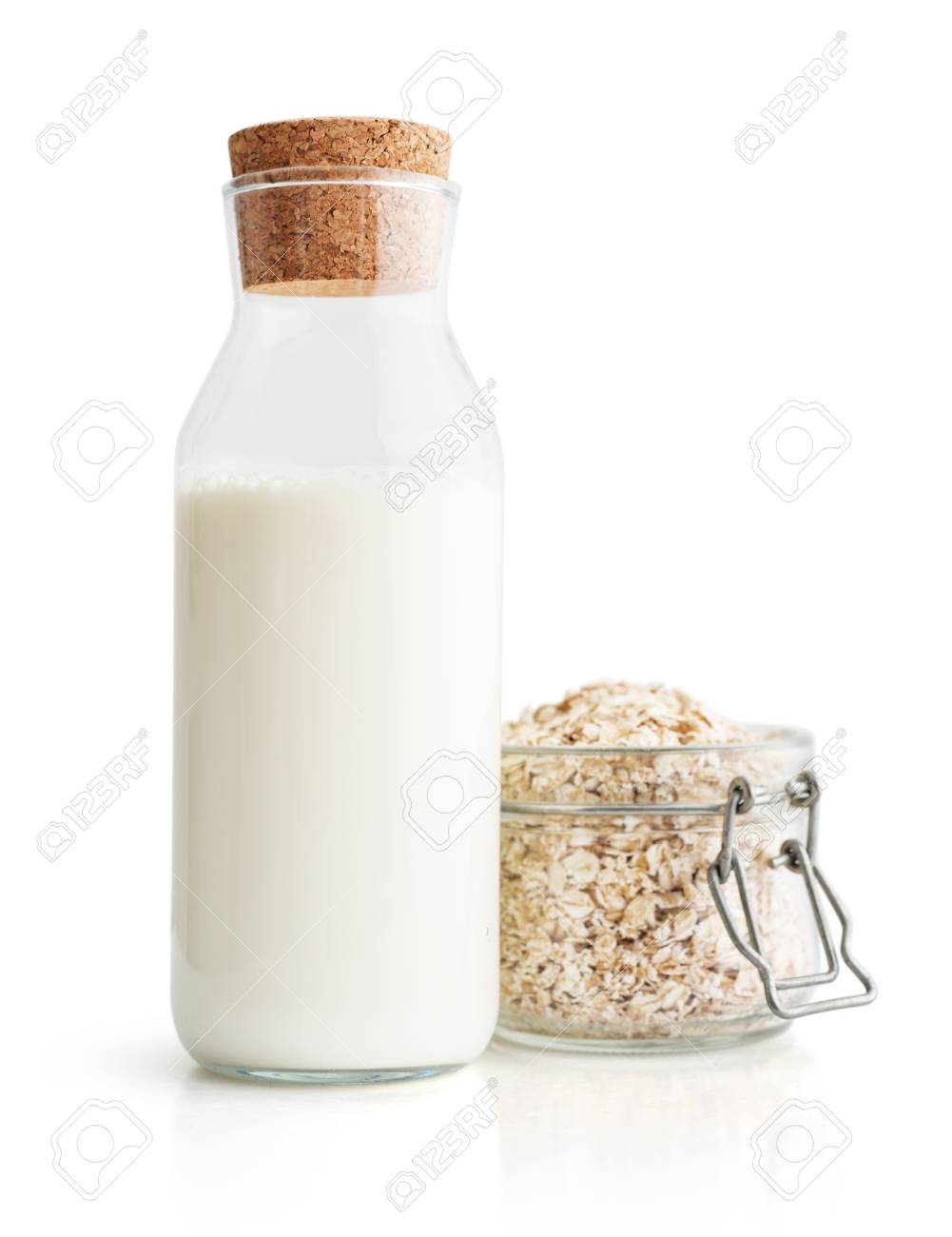
1 glass oat milk (250ml)
300mg | 50-60 Kcal
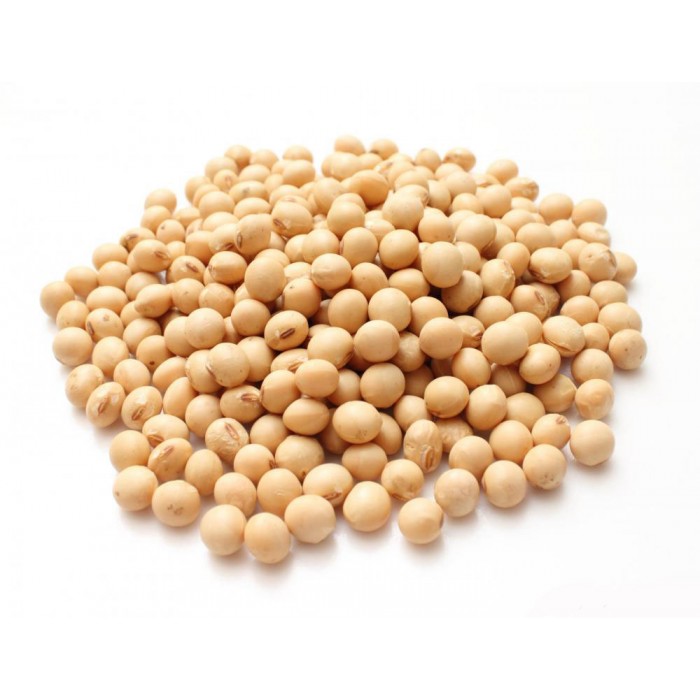
60 gr soya beans (raw)
167mg | 268 Kcal
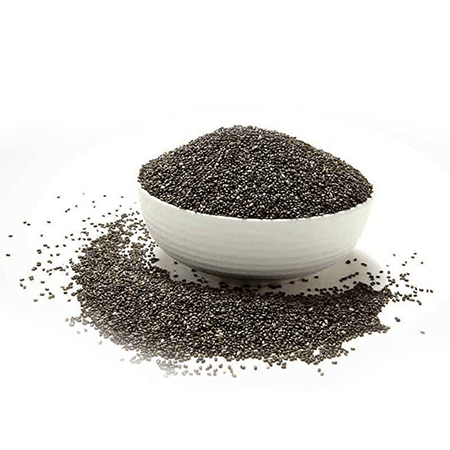
20 gr Chia Seeds (2 large tablespoon)
123mg | 97 kcal
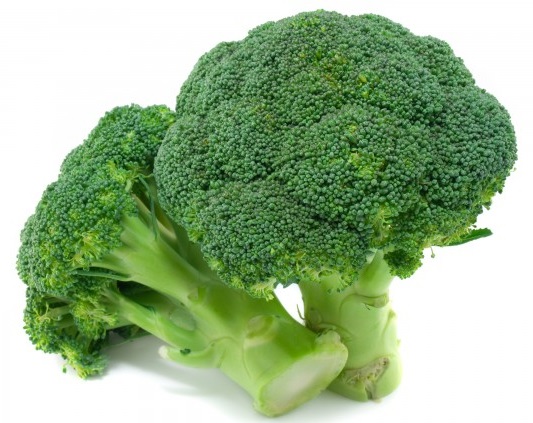
200 gr broccoli (steamed)
94mg | 66 kcal

1 cup Greek Yoghurt 2% -200gr
365 mg | 140 Kcal

100 gr tofu
350 mg | 76 kcal

4 medium roasted sardines
340mg | 189 kcal

1 glass Unsweetened Almond milk (250ml)
300mg | 60 - 70 kcal
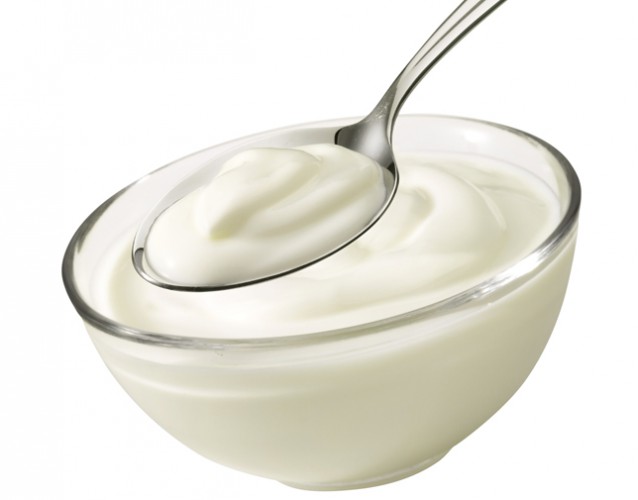
1 Kefir cup 1% -150gr
330mg | 85 kcal

1 glass of Oat Milk (250ml)
300mg | 50 -60 kcal

1 glass of Kefir (250ml )
300 mg | 100 Kcal

60 gr Soya Beans (raw)
167mg | 268 kcal

30gr yellow Cheese 10% (1 triangle or 3 slices)
295 mg | 70 kca

20 gr Chia Seeds (2 large tablespoon)
123mg | 97 kcal
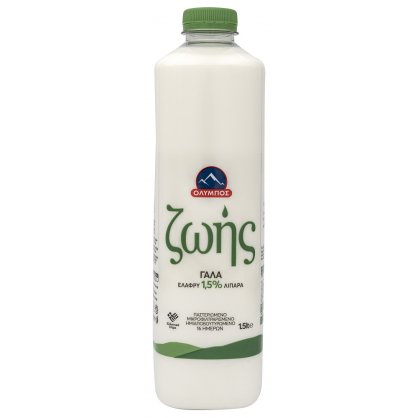
1 glass of milk 1,5% (250ml )
300 mg | 120 kcal

200 gr broccoli (steamed)
94mg | 66 kcal
What prevents the absorption of Calcium
- Vitamin D Deficiency
- High sodium intake (salt)
- Diet high in phytic acid (whole grain products)
- Coffee & Tea Consumption
- Smoking
Calcium and Vitamin D
The absorption of calcium in the body takes place in two phases, an active one that depends on the presence of vitamin D and a passive one.
When we have a high intake of calcium but a low of vitamin D we are equally at risk of weakening our bones and teeth since the calcium we take in is not absorbed by the body.
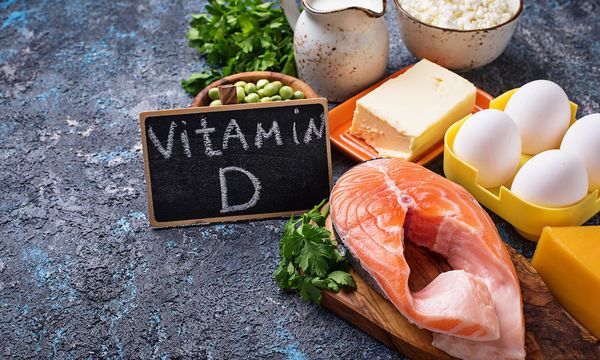

Vitamin D
Vitamin D (also referred to as "calciferol") is a fat-soluble vitamin found naturally in some foods, added to others and available as a dietary supplement. It is also produced endogenously when our skin is exposed (without sunscreen) to ultraviolet (UV) rays from sunlight

Sources and Daily Intake of Vitamin D
Foods rich in vitamin D are fatty fish, eggs, olive oil, butter and fortified breakfast cereals. The recommended daily intake of vitamin D is 15 mcg (600 IU). Most of the vitamin D is produced by the action of sunlight on the skin. Between April and September, our exhibition for 15 minutes, two or three times a week between 11 a.m. and 3 p.m. without sunscreen, is enough for our body to synthesize sufficient vitamin D.
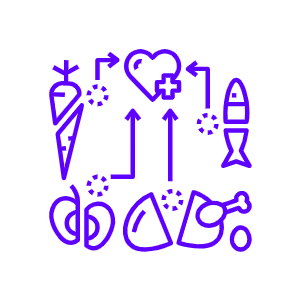
Other Functions of Vitamin D
Vitamin D has other roles in the body, including reducing inflammation as well as regulating such processes as cell growth, neuromuscular and immune function, and glucose metabolism.
Symptoms of Calcium Deficiency
In fact, the 1% of calcium needed for the basic processes of our body will never be missing, since our body regulates its deficiency by “pumping” it from our bones and teeth. The only long-term consequence of calcium deficiency, due to low intake from our diet, is osteopenia and subsequent osteoporosis as well as weakening of the teeth.
A more serious calcium deficiency, called hypocalcaemia, is due to diseases such as kidney failure, digestive surgeries such as gastric bypass, or drugs such as diuretics that block absorption.
Excessive Calcium Intake and Toxicity
Symptoms of Hypercalcemia
- Weakness, Fatigue
- Nausea, Vomiting
- Breathing difficulty
- Feeling of heartbeat
- Irregular heartbeat
Overconsumption of calcium can cause hypercalcemia. The upper limit (UL) for calcium intake is 2,500 mg daily from food and supplements.
People over the age of 50 should not take more than 2,000 mg a day, especially supplements, as this may increase the risk of certain diseases such as kidney stones, prostate cancer and constipation.
Some research has shown that in some people, calcium can build up in blood vessels with long-term high doses and cause heart problems.
Calcium is also a large metal that can block the absorption of other minerals necessary for the body such as iron and zinc.
Sources & Links
- Calcium Fact Sheet for Health Professionals-U.S. Department of Health & Human Services- NIH (National Institute of Health)
- Calcium Fact Sheet for Consumers- NIH (Natiotnal Institute of Health)
- Key Factor for Absorbing Calcium - American Bone Health
- Calcium: Food Fact Sheet - British Dietetic Association
- The Nutrition Source: Calcium- Harvard T.H. CHAN- School of Public Health
- Encyclopedia of Human Nutrition (Third Edition), 2013 -Science Direct
- Vitamin D Fact Sheet for Health Professionals- U.S Department of Health & Human Services-NIH (National Insitute of Health)
- Fitness Pal -Food Data
